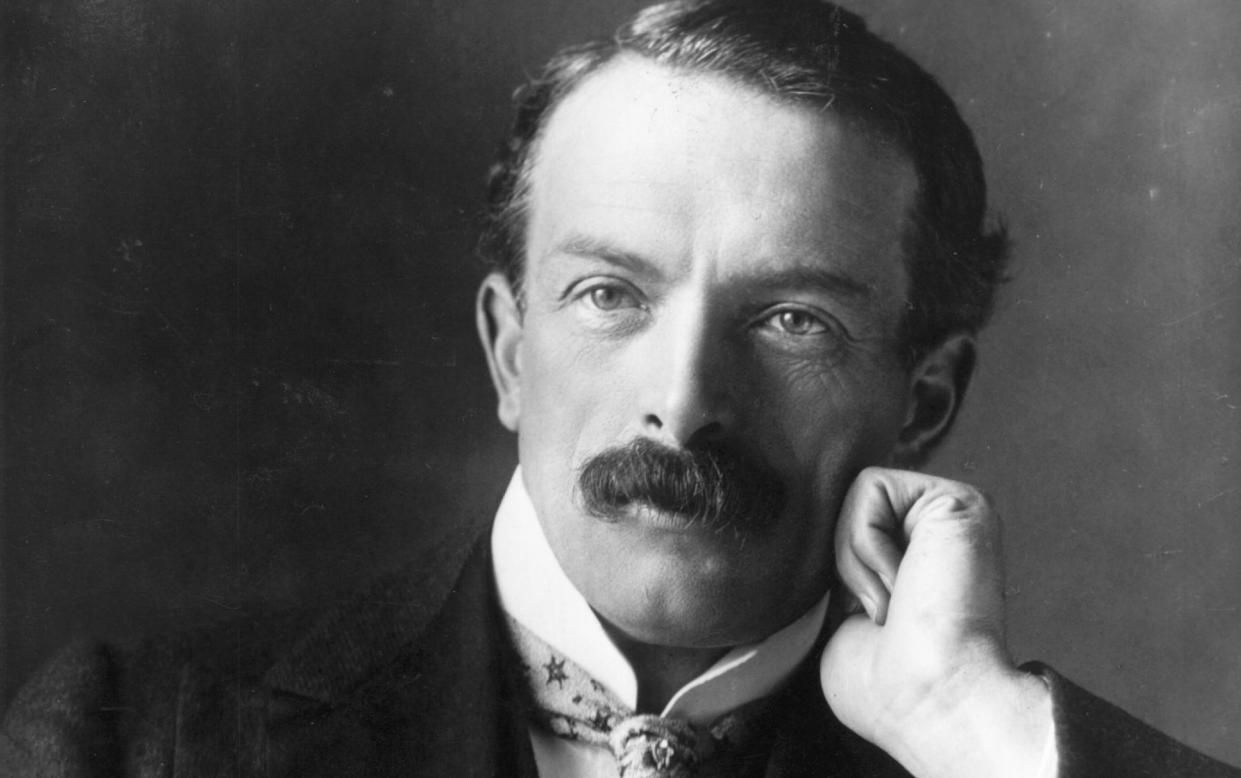Murdering medics, music halls and the myth of Merrie England

Judge an era by its murders. The Edwardian age’s most notorious crime was a conventional, even banal, domestic killing – “the story of a quiet, unassuming man who poisoned his overbearing wife so that he might be with his lover”. The case of Dr Hawley Harvey Crippen, a failed medical charlatan, became an instant sensation, with all the ingredients that matched the obsessions and diversions of the time: the music hall – Crippen’s American-born wife Cora had trod the boards as “Belle Elmore” – industrial unrest, quackery, the growing spectre of the United States, and emerging technologies – Crippen was the first murderer to be caught using wireless technology, as he crossed the Atlantic.
The case was amplified by the booming popular press owned by the likes of Lord Harmsworth. Even the police released statements about its investigation that had more than a whiff of tabloidese about them, reminding the novelist Arthur Machen of Balzac’s lurid portraits of the criminal underworld. Harmsworth’s Daily Mail, leader of this dynamic if dubious press pack, was, according to Lord Salisbury – Britain’s last truly Conservative prime minister – “a paper for those who could read but not think”. Despite his reasoned misgivings, the horse had bolted, for better or worse, ridden by a people with aspirations to greater equality.
Alwyn Turner is an assured guide to this brief but dramatic era. He draws, but does not labour, numerous parallels with the present day, and though he presents little that is new, he does so with engrossing vigour.
Edwardian popular stars anticipated the coming of the movies and the gramophone. Marie Lloyd, aware that “the great English public will open its arms to vice, provided it is presented as frolic,” was one of the great figures of music hall, though the coarse vitality of the Victorian version she embodied was being slowly tamed by a mixture of respectable theatres, William Booth’s Salvation Army, and a new line in social reformers eager to counter what they saw as “stupidity” – popular tastes – rather than spiritual corruption. Despite their pious efforts, Edward Moss, the theatrical entrepreneur, maintained his wealth by accepting that “the people go out to be amused, not to be educated.”
Fears of Britain’s global decline were made feverish by the Boer War, the conflict that was the making of Lloyd George. The Welsh Wizard, who would create the welfare state with his People’s Budget of 1906, tapped in to the public’s sympathy for the underdog Boers and their brutal treatment in unsanitary concentration camps. Despite the overwrought assertions of recent best-selling histories, the British were reluctant imperialists.

Which is why a man of Darwinian dynamism, Cecil Rhodes, was so atypical of his nation and a figure, as Turner points out, to whom the public never warmed: “a Bonapartist in pursuit of power was too alien a figure to be a British hero.” When Rhodes died, ravaged by his African ambitions, at the age of 48, his obituary in the liberal Morning Leader spoke of his “insensibility to moral ideas, his carelessness of human suffering… a coarseness of fibre and a deficient imagination”.
Meanwhile, a rapidly growing Germany pushed Britain into the arms of France, influenced by the king who gave his name to the era, and his fondness for Gallic gaiety. The embrace of Russia, France’s ally, proved more challenging. Russian despotism was popularly despised, tempering the anti-Semitism aimed at those relatively few Jewish arrivals to London’s East End, fleeing tsarist pogroms.
Britain – despite or perhaps because of a flood of new technologies, most notably the motor car – became obsessed by its rural past; by a mythical Merrie England, that inspired an epidemic of “pageantitis”, an indulgence in paganism – witness the short stories of Saki – and practical schemes, such as the Ancient Monuments Protection Act and the National Trust. Of most durable artistic merit was the folk-inspired music of Butterworth, Vaughan Williams, Holst, Elgar and many others. Yet the nation, long before mass immigration (96 per cent of Britons in 1901 had been born there) was more urban than ever: 77 per cent of the population of England and Wales now resided in town and city according to the 1901 Census. Many lived in a poverty little different to that described by Dickens and Engels half a century before.
To make Britain “less of a pleasure ground for the rich and more of a treasure house for the nation”, would be the challenge of the age – and every succeeding one. “The object and incitement of the nineteenth century was to accumulate wealth, while the duty of the twentieth century is the far more difficult task of securing its better distribution”, wrote the Conservative peer Lord George Hamilton, chair of a royal commission on the poor laws. Yet one observation of the otherwise disparaged Rhodes proved as timely then as now: “It is no use for us to have big ideas if we have not got the money to carry them out.”
Little Englanders is published by Profile at £25. To order your copy for £19.99, call 0844 871 1514 or visit Telegraph Books